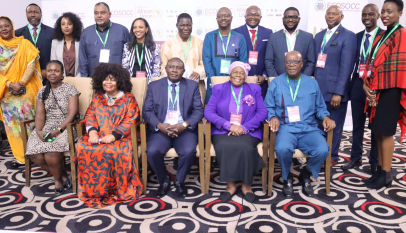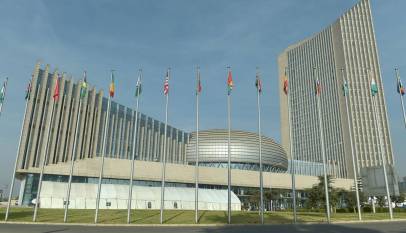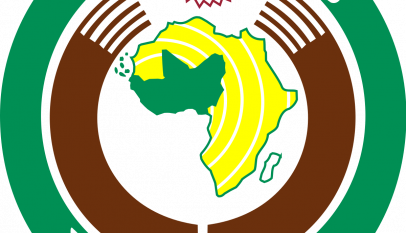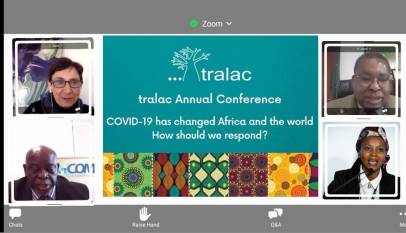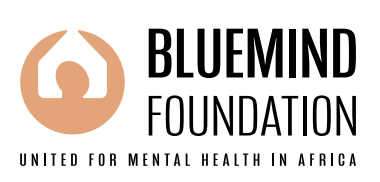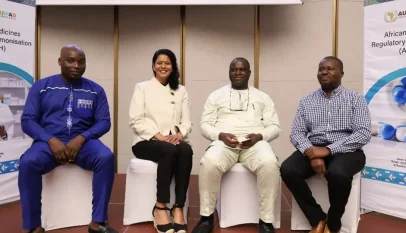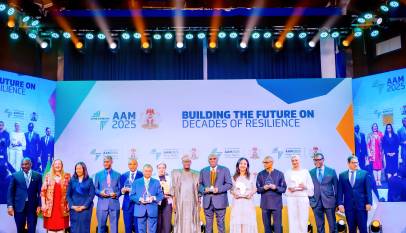Unblocking West African women’s access to business, finance opportunities
About 300 women entrepreneurs from across West Africa converged in Lagos, Nigeria, last week, on the occasion of the first-ever Women in Business, Export and Finance (WIBEF) Summit, convened by New Faces New Voices (NFNV) Nigeria; it was aimed at skilling West African women entrepreneurs towards improving their access to business, finance and market opportunities.
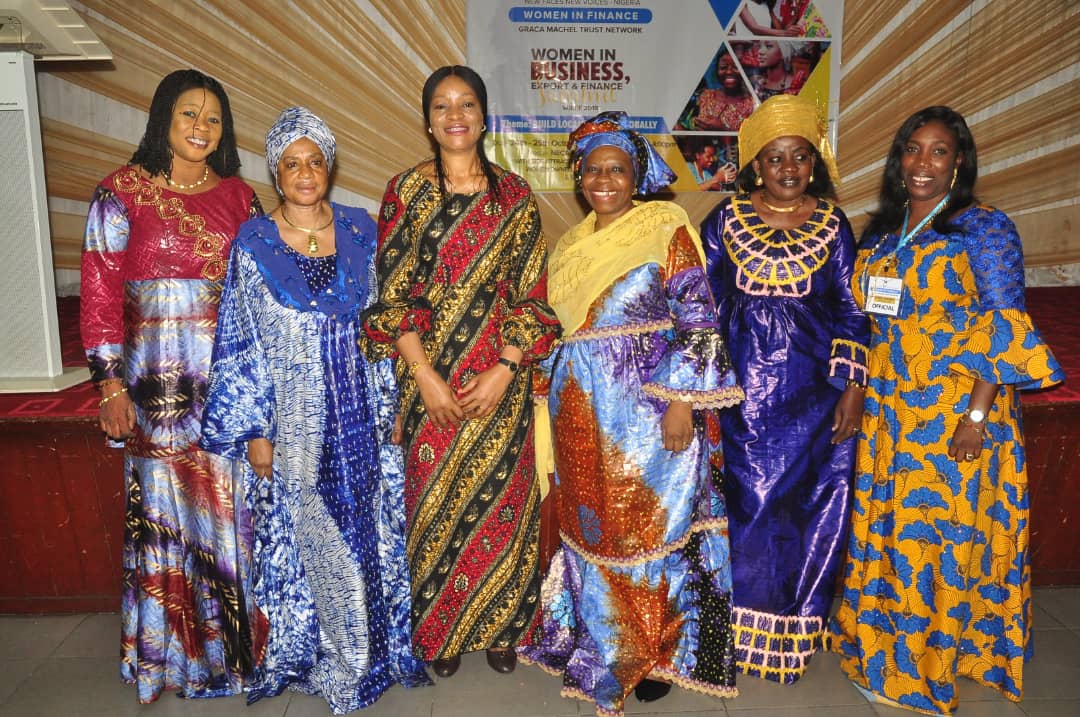
Access to financial services including bank loans, banking services, and digital payment systems holds a great potential for transforming the income levels of women in Africa; thus allowing them the opportunity to invest more in their businesses and also in the health, education and other social needs of their families. This will allow African women the chance to contribute in spurring economic growth, which will consequently lead to prosperity on the continent. Research has proved the positive relationship between women’s economic participation and their countries’ prosperity and development.
For example, a report titled: “Growing Economies Through Gender Parity,” by the Council for Foreign Relations (CFR) under its Women and Foreign Policy Program, shows Nigeria`s Gross Domestic Product (GDP) could increase by 23% (about $229 billion) by 2025 – if women`s participation in the economy is equal to men’s. Unfortunately, about 70% of the 10 million women-owned Small and Medium Enterprises (SMEs) in the world are reportedly unbanked or under-served by financial institutions, according to Women World Banking (WWB).
It was to capacitate West African women in business to enable them effectively participate in the economy that, about 300 women entrepreneurs and women-in-business stakeholders from across West Africa gathered in Lagos, October 24 and 25, for the maiden Women in Business, Export and Finance (WIBEF) Summit. The Summit, which was attended by financial institutions, women business groups and SMEs, was organized by New Faces New Voices (NFNV) Nigeria, with the support of United Parcel Services (UPS), through the Graça Machel Trust (GMT).
The New Faces New Voices (NFNV) is a Pan-African advocacy network founded in 2010 under GMT, whose aim is increasing African women’s access to financial services as well as strengthening women’s capacities as entrepreneurs and investors in the African economy; so as to facilitate opportunities for women in leadership and decision-making levels in financial institutions across Africa.
The maiden NFNV Nigeria`s Women in Business, Export and Finance (WIBEF) Summit themed: “Build Locally, Think Globally,” was aimed at addressing the challenges faced by West African women in business, trade, export, and finance – considering women`s inability to adequately access market and finance opportunities in the sub region, which hinders the growth of their businesses.
In her opening remarks at the summit, Aishatu Debola Aminu, Nigeria country director of the New Faces New Voices (NFNV) said: “Statistics has revealed that we [women] constitute not less than 50% of the Nigerian population; we participate actively in the political affairs of our country; we play primary roles in healthcare delivery system; we provide quality time in agricultural production; we contribute immensely to the economic activities of our nation and we provide adequate moral and academic training to our youths, yet we appear to be the less celebrated and heard members of the society.”
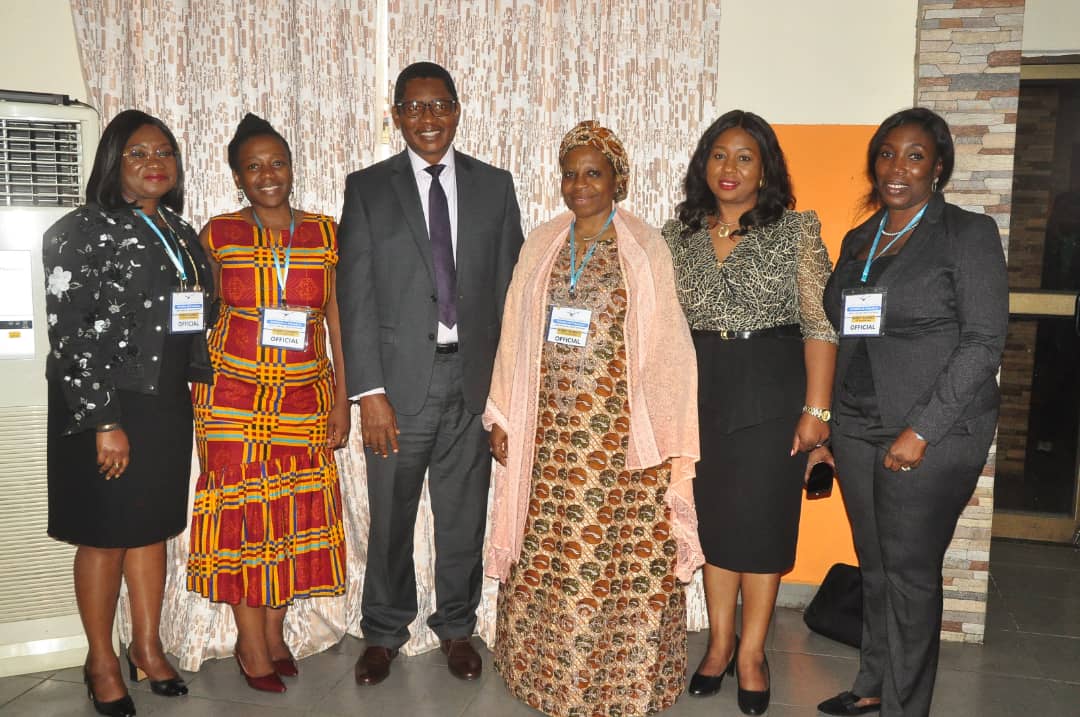
The two-day event featured paper presentations, side exhibitions by women-owned businesses, as well as capacity-building sessions for women entrepreneurs on a wide-range of topics namely, financial management for women-owned Small and Medium Enterprises (SMEs); understanding competitive advantage in business; as well as developing a roadmap for business survival and growth, amongst others.
“This [WIBEF] summit was designed to bring together women in business, export, and finance to brainstorm on how to tackle the challenges faced by women-owned SMEs. With the theme: ‘Build Locally, Think Globally,’ our objective is to get our local products and solutions to be accepted, globally. Thus, we are building the capacities of women to enable them have access to finance, develop quality products, leverage technology to drive their sales and marketing as well as manage their resources efficiently,” says John Odubele, lead consultant for NFNV Nigeria.
The Summit’s keynote: “African Continental Free Trade Agreement (AfCFTA): Opportunities, Challenges, Positioning and Collaboration for Women in Business, Export, and Finance,” was delivered by Mrs. Cecilia Akintomide, former AfDB’s Secretary General and Vice President cum current member of NFNV Nigeria’s Board of Trustees (BoT). She described AfCFTA as one of only few continental agreements that specifically incorporated gender equality as a pathway towards achieving sustainable economic growth in Africa, adding that the AfCFTA must take cognizance of the vital role of women in the economy; otherwise, it would not achieve its lofty objectives.
“We need to strategically position women in business and trade to take full advantage of the opportunities presented by the framework. We must leverage our networks and partnerships both locally and across the continent to effectively benefit from the continent-wide opportunities. Women-led networks like NFNV are very useful in this regard, as you have like-minded women across various countries as an initial source of information, potential partners, and customers. As they say: ‘If you want to go fast walk alone. If you want to go far, go together,’” she said.
Akintomide said the logical deduction from this statement was walking alone would not take you far, thus collaboration and partnership was crucial for women in business and trade.
In March, 2019, 52 out of the 55 Member States of the African Union signed the African Continental Free Trade Agreement (AfCFTA), in Kigali, Rwanda. The free-trade agreement established the African continent as the largest free-trade area in the world, since the creation of the World Trade Organization, in 1995. The AfCFTA seeks to create a single, liberalized continental market for goods and services; allow for the free movement of business persons; and would ultimately lead to the establishment of Pan-African institutions such as a continental customs and monetary unions.
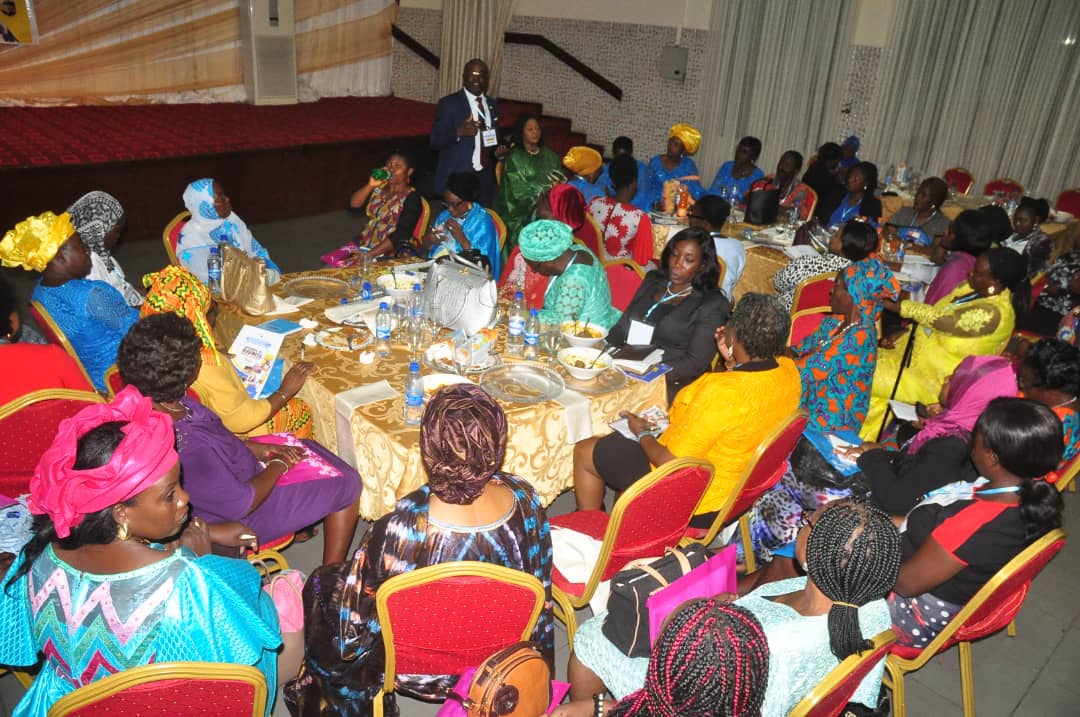
In addition, the CFTA aims to ensure the removal of tariffs on 90% of goods produced within AU Member States; this will help expand and enhance trade between African countries and consequently, transform the continent`s economy as well as improving the livelihood of its people. Expectedly, women-owned businesses would benefit immensely from the CFTA.
Dr. Shungu Gwarinda, CEO of the Graca Machel Trust cum guest speaker at the summit, emphasized that collaboration and building partnerships among women entrepreneurs was essential for the growth of women-owned businesses and harnessing the benefits of the AfCFTA for sustainable economic growth on the continent. While speaking on ‘Collaboration as a strategy for global impact,’ she identified well-defined collaboration as key for accelerated business growth.
“Simply put, collaboration involves how businesses and organizations can leverage each other`s resources, networks, and even customers because it is very resource- intensive. So, we are supporting [African] women to formalize their businesses. But as business women they must leverage their strengths and resources – that’s why we have this Pan-African network: NFNV is a collaborative platform for women in business and finance, so that women can engage, share information and business opportunities, as well as learn and build partnerships with one another,” Dr. Gwarinda told African Newspage.
Mulikat Ogunlola, an agripreneur who ventured into fish farming about 8 years ago, was one of the participants at the Summit. She now owns a fish processing enterprise based out of Lagos. “I am very passionate about my business – this is the first thing I learned about doing business. I started [fish farming very] small, with encouragements from my friend; I didn’t realize any profit after my first-two harvests. Hence, I decided to acquire more knowledge about fish production; I was advised to go into other value chains like fish processing,” Ogunlola said while recanting her business success story.
“I was using local tools like drums and firewood to process my fish, but down the line, I found that I needed to deploy technology to add value in my business and remain competitive in the market. So, I went to the Federal Institute of Industrial Research, Oshodi (FIIRO) and acquired how to use technology in fish processing. Afterwards, I made all possible efforts to ensure that my fish is well packaged; I then approached the National Agency for Food and Drugs Administration and Control (NAFDAC) and my product was certified. Now, I sell my fish in shopping malls across the country, I now want to start exporting it to other parts of the world,” she told African Newspage.
Ogunlola said there were lots of opportunities across the fish value chain for young women to exploit. “The most important thing you need to have as an entrepreneur is: passion. Once you have the passion, move around and meet people who have been doing the business before you. Get a mentor so that you can be guided. My mentor is a retiree of the federal ministry of agriculture; he inspired me a lot and encouraged me to put more efforts.”
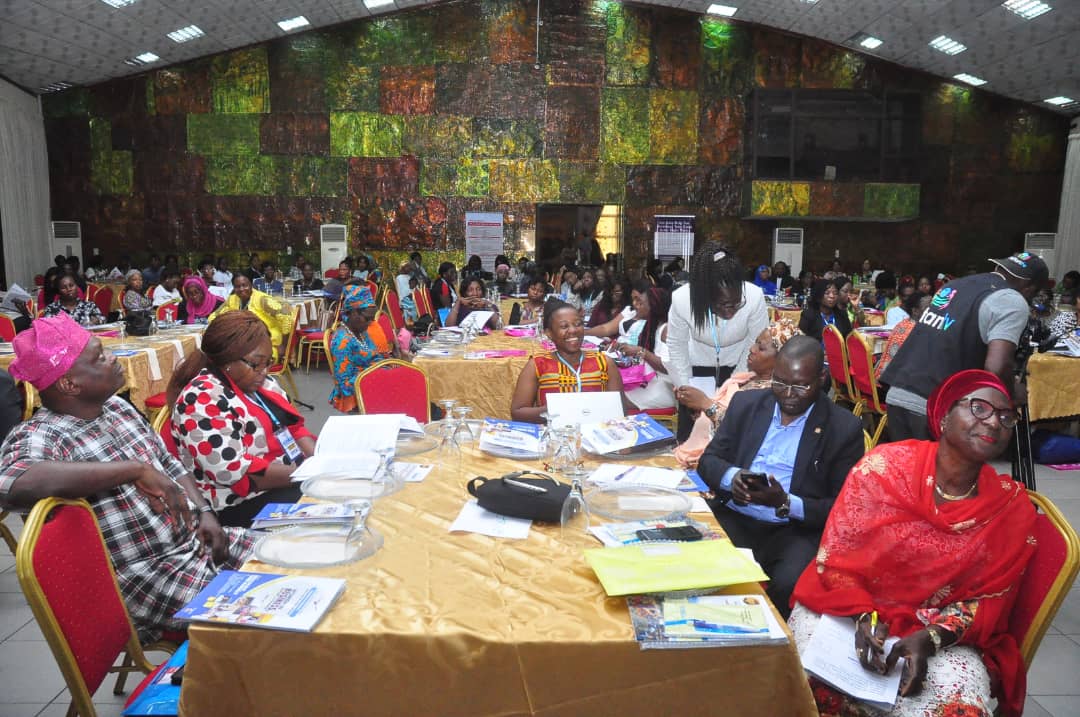
Lack of access to financial services, particularly business loans to support women-owned businesses have been identified as major barrier hindering the growth of women-owned SMEs in sub-Saharan Africa, with about 50% of women-owned SMEs not having access to formal credit systems.
“Finance and capital is at the heart of every business opportunity and in spurring economic growth. A large number of entrepreneurs [in Africa] are women, and with women accounting for up to 70% of the informal sector; their access to finance is critical for spurring the kind of economic and social development that Africa needs. Thus, access to finance is essential in breaking down the barriers of inequalities and economic empowerment on the continent,” said Dr. Gwarinda.
Similarly, Ms. Assa Doucoure, interim president of the Women Miners Association of Mali (AFEMINE Mali) who was also in attendance at the Summit, noted that networking, partnership, and finance was critical for the success of women entrepreneurs and women-owned businesses in Africa. “Networking and finance are very important; thus we are very happy to be participating at the 2019 WIBEF. We want to collaborate with NFNV-Nigeria; our hope is that we have NFNV-Mali in the future,” said Doucoure.
“In the next 90 days – post-event – we will continue to work with the participants to ensure that whatever they have learned is being put into practical use. We want them to go back to their businesses and apply these new skills so that the impact will be felt. Therefore, ensuring the application of the knowledge they have acquired in the past two-days is our next step,” noted Odubele.
Although major global financial institutions, such as the World Bank have concluded that women`s participation in their respective countries’ economies can reduce poverty and grow the nations’ Gross Domestic Product (GDP), women across developing countries continue to be marginalized and excluded from accessing finance and market opportunities. The reality is: no country achieves economic prosperity by leaving half of its population behind. On this basis, African governments must ensure the formulation of policies that will elevate and support women-owned businesses for the continent’s economic prosperity.




